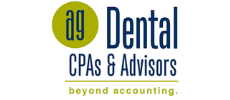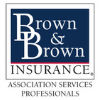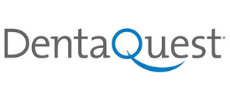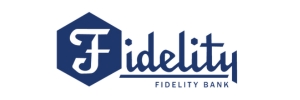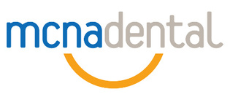.jpg?sfvrsn=5871adb3_0)
Last Chance Seminar
Event Details:
Location: Baton Rouge Marriott
C.E. Hours: 7 Lecture, in-person, clinical hours
Event Description:
This seminar helps provide last minute continuing education hours to dentists and their staff. Typically, this 7 hour clinical course is held the second Friday in December. It’s one of our most well attended events each year.Agenda
| Registration/Packet Pick-up | 7:30 a.m. - 8:00 a.m. |
| Morning Session | 8:00 a.m. - 12:00 p.m. |
| Lunch Break (lunch included) | 12:00 p.m. - 1:00 p.m. |
| Afternoon Session | 1:00 p.m. - 4:00 p.m. |
To Register: Please see us from 7:30am to 8:00am at the registration table at the event. We will take any further registrations at that time.
Registration Prices
| Registration Types | Early Registration Price until Nov 20 | Late Registration Price- starts Nov 21 - Dec 10 | On-Site Registration Price- starts Dec 11 - Dec 12 |
| LDA Member | $209 | $209 | $234 |
| ADA Member | $269 | $289 | $309 |
| Non Member | $319 | $339 | $379 |
| Hygienist | $119 | $139 | $159 |
| Other Staff | $119 | $139 | $159 |
| Dental Student | $99 | $124 | $149 |
Hotel Accommodation
Baton Rouge Marriott: 5500 Hilton Ave, Baton Rouge, LA 70808
(225) 924-5000 Room Rate: $149 per night
Start Date: Thursday, December 11, 2025End Date: Friday, December 12, 2025
Book Your Room
Last day to book at this rate: Thursday, November 27, 2025.
09734fc7d0b642339b895999ff53512e.jpg?sfvrsn=80c50dda_0)
Speaker Information
.jpg?sfvrsn=c37e654_0)
Nathaniel Lawson DMD PhD
Nathaniel Lawson DMD PhD is the Director of the Division of Biomaterials at the University of Alabama at Birmingham School of Dentistry and the program director of the Biomaterials residency program. He graduated from UAB School of Dentistry in 2011 and obtained his PhD in Biomedical Engineering in 2012. His research interests are the mechanical, optical, and biologic properties of dental materials and clinical evaluation of new dental materials. He has published over 200 peer reviewed articles, book chapters, and research abstracts. He was the 2016 recipient of the Stanford New Investigator Award and the 2017 Innovative Research Fellowship both from the American Dental Association. He served on the American Dental Association Council of Scientific Affairs and is on the editorial board of The Journal of Adhesive Dentistry and Compendium. He has lectured nationally and internationally on the subject of dental materials. He also works as a general dentist in the UAB Faculty Practice.
AM & PM Session Course Titles
Materials and Techniques to Improve Your Conservative, Adhesive Dentistry – AM COURSE
Our goal as dental professionals should be to maximize the lifetime of our patients’ dentition. Every time tooth structure must be removed with a handpiece, the lifetime of that tooth is reduced. Conservative dentistry aims to remove as little tooth as possible during restorative procedures in order to better extend the lifetime of each tooth. Adhesive dentistry helps us achieve this goal. Adhesive dentistry allows us to bond to tooth structure such that minimally invasive preparations may be performed. The goal of this course is to discuss conservative treatment options as well as the materials and techniques used to perform these treatments.
For direct restorations, diagnosis, isolation, caries removal, cavity preparation, use of liner, matrix and wedge placement, bonding technique, composite placement, and finishing and polishing will all be reviewed. For indirect restorations, this course will discuss how to select, handle and bond contemporary dental ceramic materials.
The presentation will be based on current evidence collected at the UAB School of Dentistry as well as the current literature, however, the information will focus on tips that can be applied directly in the dental clinic.
Course objectives
Learn preparation guidelines for ceramic onlays
Learn bonding protocols for lithium disilicate onlays and crowns
Learn preparation guidelines for zirconia resin bonded bridges
Learn bonding protocols for bonding zirconia resin bonded bridge
Review different types of ceramic materials used for full coverage crowns
Learn cementation and bonding protocols for zirconia crowns with self-adhesive or RMGI cements
Discuss design considerations with posterior and anterior bridges
Discuss material-related esthetic concerns with anterior crowns (implant and natural tooth)
Learn the best burs for removing ceramic crowns and performing endodontic access through crowns
Advanced Topics in Prevention – PM COURSE
Within our patient pool we have patients with different risk factors. We have some older patients on medications with severely dry mouths who seem to get new caries on each recall appointment. We have other patients who are teenagers in braces who develop white spot lesions. We may have some patients who are "natural" with aversion to certain products. Or maybe we have pediatric patients who are still swallowing their fluoridate toothpaste. This lecture aims to discuss patients with different risk factors and specific treatment for them. We will also discuss new products for caries control including xylitol, hydroxyapatite toothpaste, antibacterials, others. Finally we will address some of the current hot topics in prevention such as the link between fluoride and IQ as well as the association between xylitol and cardiovascular disease.
Aims:
develop strategies for different high risk patients
learn about new materials available for caries control
prepare for conversations from patients about systemic risks of caries-control products.
Premier Events Partners
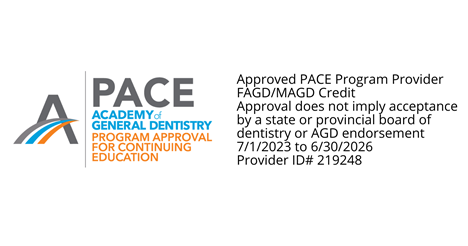
Last Chance 2025 Sponsors
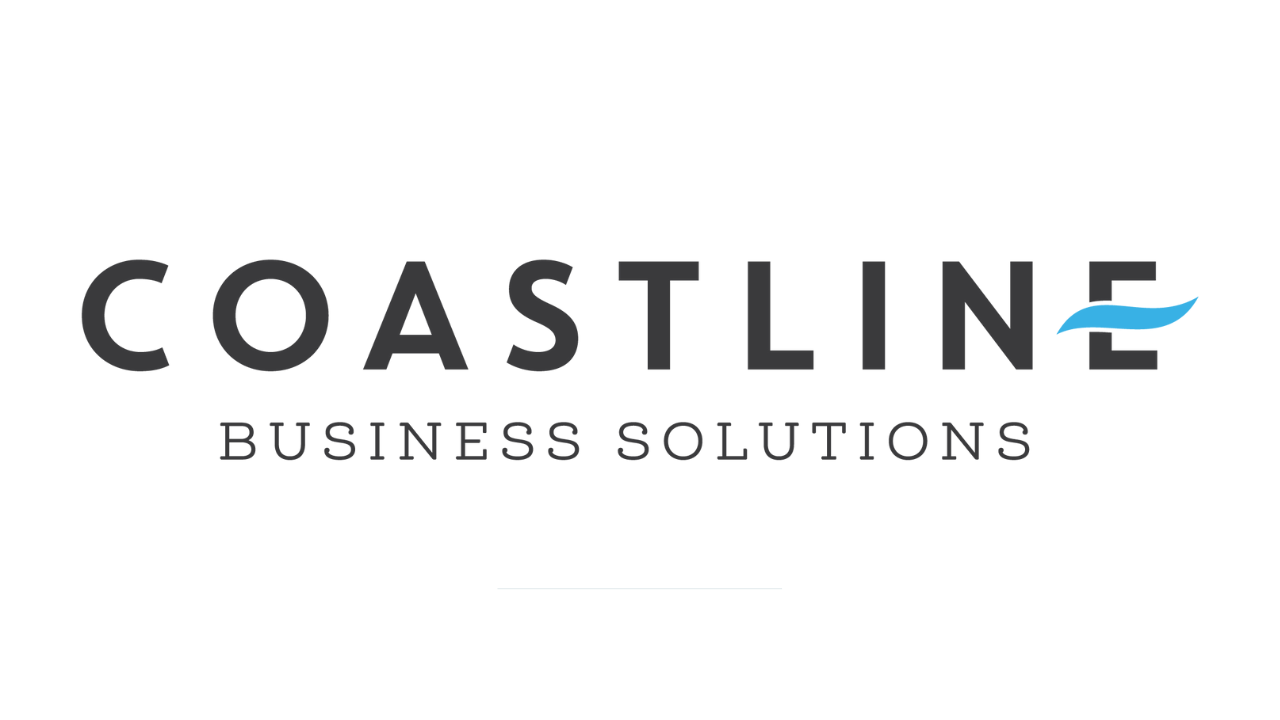
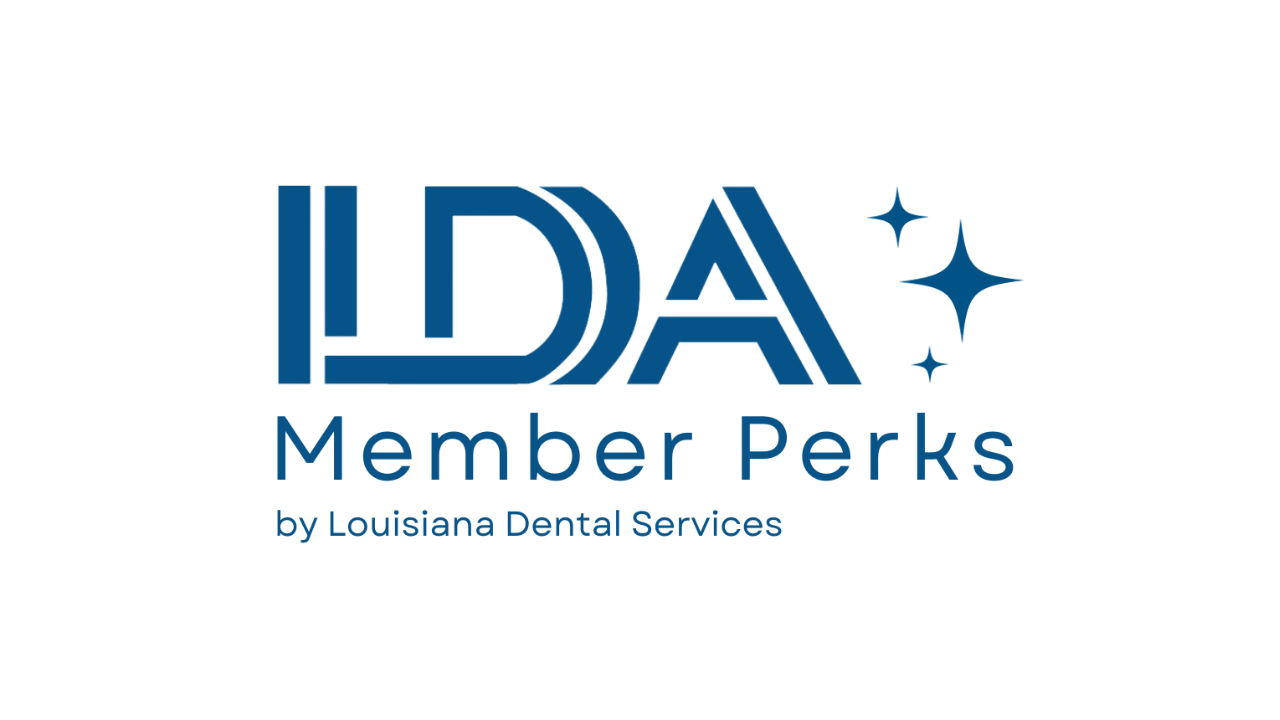
.png?sfvrsn=a3c093dc_0)

